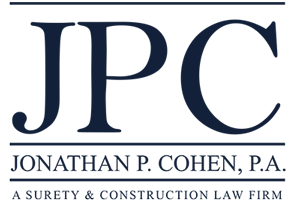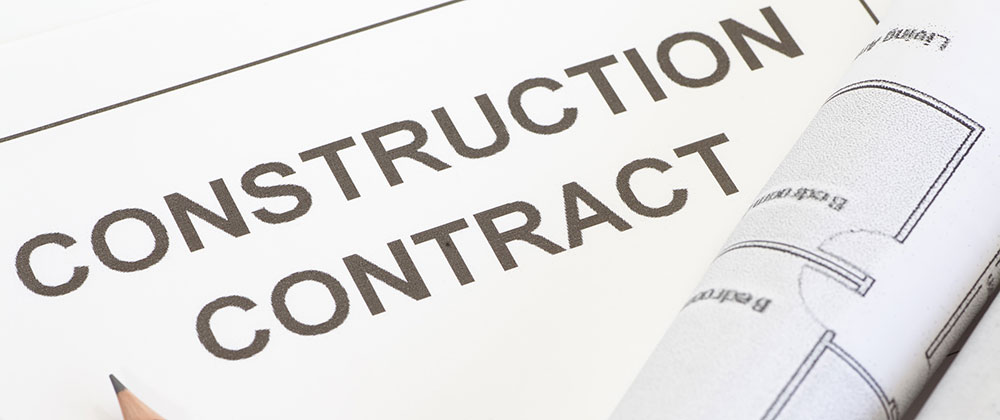In Florida, a common provision that is often included in a construction contract is an exculpatory clause. This type of clause purports to disclaim a party’s liability either completely or when specific events occur. While exculpatory clauses are generally considered enforceable, they must meet certain tests before a court will uphold them. There are also certain types of misconduct for which an exculpatory clause will not work to absolve the party of liability. Here is what you should know about exculpatory clauses and their enforceability from Fort Lauderdale construction lawyer Jonathan P. Cohen, Esq.
What are Exculpatory Clauses?
Exculpatory clauses are contractual provisions that limit or waive a party’s liability. A party might include an exculpatory clause to try to disclaim liability for the party’s negligence. Clauses that limit a party’s liability are useful when the risks involved with a project exceed the potential benefits. Including an exculpatory clause in a contract for a project that is inherently risky might make it likelier that the project owner will be able to get the work completed. However, courts have found that while an exculpatory clause might be used to waive liability for a party’s ordinary negligence, it won’t work when a party is grossly negligent. There are also other types of misconduct for which an exculpatory clause will not work to allow a party to avoid liability.
When Is an Exculpatory Clause Enforceable?
Courts use a three-part test to determine whether an exculpatory clause is enforceable. The clause must first clearly and unequivocally express the parties’ intention to limit or waive liability. The clause can limit liability, but it can’t completely waive a party’s liability in all cases and should still serve as a deterrent for a party’s negligence. Finally, the contracting parties must have equal bargaining power. If one party fraudulently induces the other to enter into the contract, the entire contract, including the exculpatory clause, will be void and unenforceable.
Types of Misconduct Exculpatory Clauses Can’t Cover
Courts disfavor exculpatory clauses and construe them narrowly in general. Certain types of misconduct will not be covered by exculpatory clauses, including the following:
- Intentional torts
- Fraud
- Breach of statutory duties
- Violations of public policy
- Gross negligence
- Withholding of critical information
- Misrepresentations
In most cases, exculpatory clauses absolve one contracting party of liability to pay damages when they cause them while executing a contract. However, if a party tries to disclaim all liability for failing to perform the contract, the contract itself might be deemed illusory, rendering both the contract and the exculpatory clause unenforceable.
Errors and omissions clauses, which are a common type of exculpatory clause, purport to disclaim a party’s liability for its negligence. However, these types of clauses will only be enforceable as they pertain to a party’s ordinary negligence and will not absolve a party of liability for gross negligence or intentional acts. Releasing a party from liability for an intentional act would violate public policy. For example, if an exculpatory clause purports to absolve a contractor’s liability for failing to perform a statutory duty under the building code, it won’t be enforceable.
What to Do
Contractors that want to include an exculpatory clause in their contracts must make sure the language clearly states their intention to disclaim liability. The types of actions for which the contractor wants to disclaim liability should amount to ordinary negligence and not gross negligence or willful misconduct. The contractor should avoid making misrepresentations and should ensure that both parties have equal bargaining power when negotiating the contract and its provisions.
Talk to an Experienced Fort Lauderdale Construction Lawyer
If you want to include an exculpatory clause in a construction contract, it needs to be drafted correctly to be enforceable. The clause should not be overbroad or try to avoid liability for violating statutory duties or public policy. At Jonathan P. Cohen, P.A., Fort Lauderdale construction lawyer Jonathan P. Cohen, Esq. has years of experience representing contractors in contract actions and can review the provisions in a proposed contract to ensure they are legally sound. Contact us today to schedule a consultation by calling (954) 462-8850.
The information provided in this article does not, and is not intended to, constitute legal advice. The content in this article is presented for general informational purposes only.

